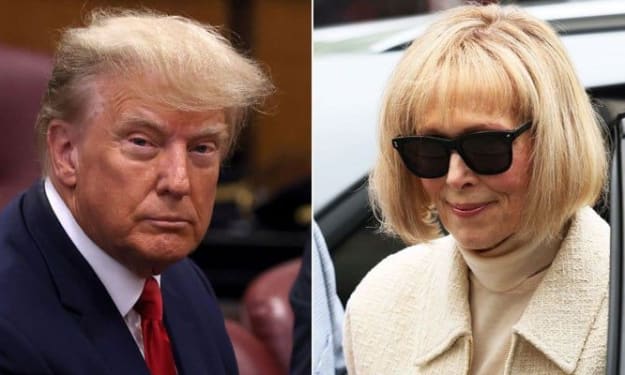Biden Criticizes Supreme Court Affirmative Action Ruling
A Critical Analysis of an Unconventional Judiciary

Title: Biden Criticizes Supreme Court Affirmative Action Ruling: A Critical Analysis of an Unconventional Judiciary
Introduction
President Joe Biden recently expressed his disappointment with the Supreme Court's ruling on an affirmative action case, characterizing it as evidence of a "not normal court." The ruling in question pertains to a highly debated issue: the consideration of race in college admissions. Biden's remarks have ignited a fresh wave of discussions surrounding the role of the Supreme Court and the implications of its decisions on affirmative action policies. In this article, we will delve into the details of the case, explore Biden's critique of the Court, and analyze the potential impact of this ruling on the future of affirmative action.
Background of the Case
The specific case at the center of Biden's criticism involves a challenge to Harvard University's affirmative action admissions policy. The plaintiffs, Students for Fair Admissions, argued that the policy discriminates against Asian American applicants by considering race as a factor in admissions decisions. The Supreme Court, in a 6-3 decision, upheld Harvard's policy, stating that it was narrowly tailored and served a compelling interest in achieving diversity on campus. This ruling aligns with previous Supreme Court decisions that have recognized the constitutionality of race-conscious admissions policies.
Biden's Critique of the Court
President Biden's criticism of the Supreme Court's affirmative action ruling is rooted in his belief that the Court is veering from the norm and departing from its traditional role. He expressed concern that the Court is becoming increasingly conservative and partisan, suggesting that the justices are making decisions motivated by ideology rather than impartial interpretation of the law. Biden's remarks reflect broader sentiments among critics who argue that the Court's conservative majority may be undermining progressive policies and social justice initiatives.
Biden's concern about a "not normal court" can be understood in the context of recent Supreme Court decisions, which have seen significant shifts in key areas such as voting rights, campaign finance, and reproductive rights. The Court's conservative majority, bolstered by the appointment of three justices during the Trump administration, has fueled concerns about the Court's ideological leanings and its potential impact on a range of issues.
The Future of Affirmative Action
The Supreme Court's affirmative action ruling has significant implications for the future of race-conscious admissions policies in higher education. By upholding Harvard's policy, the Court reaffirmed the principle that universities have a legitimate interest in promoting diversity and can consider race as one of many factors in their admissions decisions. However, the ruling does not provide an absolute endorsement of affirmative action, leaving room for future challenges and potential modifications to these policies.
The Court's decision in this case, while a victory for supporters of affirmative action, does not necessarily settle the ongoing debate surrounding the fairness and constitutionality of such policies. The ruling sets a precedent but does not foreclose the possibility of future legal challenges to race-conscious admissions. As such, it remains crucial for universities and advocates of affirmative action to continue justifying the necessity and benefits of diversity in higher education.
Broader Implications
President Biden's criticism of the Supreme Court's ruling raises broader questions about the role of the judiciary and its relationship with the other branches of government. Critics argue that a judiciary heavily influenced by partisan politics risks eroding public trust in the Court's impartiality and undermines the checks and balances essential to a functioning democracy.
Furthermore, the debate surrounding affirmative action extends beyond legal considerations. It encompasses broader societal discussions about equal opportunity, systemic discrimination, and the pursuit of diversity in educational institutions. The Supreme Court's rulings on these matters have the potential to shape the direction of social policies and contribute to the broader discourse on racial justice in the United States.
Conclusion
President Biden's critique of the Supreme Court's affirmative action ruling reflects concerns about the direction of the Court and its potential impact
on progressive policies. The ruling itself represents a significant victory for supporters of race-conscious admissions policies, reaffirming the legality of universities considering race as a factor in their admissions decisions. However, the debate surrounding affirmative action is far from settled, and future legal challenges are likely to arise.
The Supreme Court plays a critical role in shaping legal and social landscapes, and its decisions have far-reaching implications. As the Court navigates politically charged cases, it is essential to maintain a robust public discourse surrounding the judiciary's role and its impact on issues such as affirmative action. By engaging in thoughtful conversations and constructive debates, society can contribute to a better understanding of these complex issues and work towards creating a more just and equitable future.





Comments
There are no comments for this story
Be the first to respond and start the conversation.